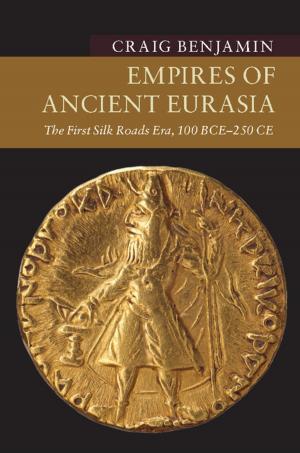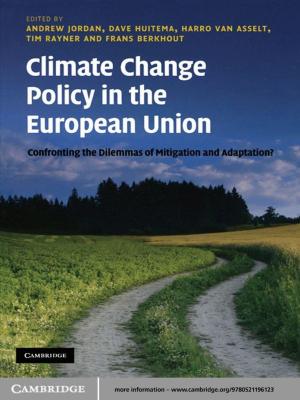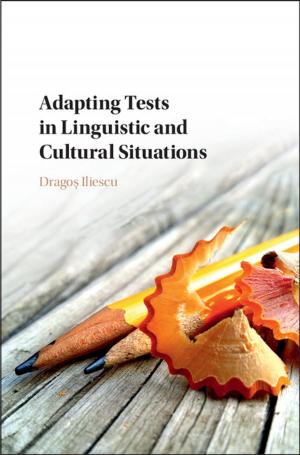Barbarism and Religion: Volume 6, Barbarism: Triumph in the West
Nonfiction, Social & Cultural Studies, Political Science, Politics, History & Theory, Social Science, History| Author: | J. G. A. Pocock | ISBN: | 9781316289686 |
| Publisher: | Cambridge University Press | Publication: | May 12, 2015 |
| Imprint: | Cambridge University Press | Language: | English |
| Author: | J. G. A. Pocock |
| ISBN: | 9781316289686 |
| Publisher: | Cambridge University Press |
| Publication: | May 12, 2015 |
| Imprint: | Cambridge University Press |
| Language: | English |
This sixth and final volume in John Pocock's acclaimed sequence of works on Barbarism and Religion examines Volumes II and III of Edward Gibbon's Decline and Fall of the Roman Empire, carrying Gibbon's narrative to the end of empire in the west. It makes two general assertions: first, that this is in reality a mosaic of narratives, written on diverse premises and never fully synthesized with one another; and second, that these chapters assert a progress of both barbarism and religion from east to west, leaving much history behind as they do so. The magnitude of Barbarism and Religion is already apparent. Barbarism: Triumph in the West represents the culmination of a remarkable attempt to discover and present what Gibbon was saying, what he meant by it, and why he said it in the ways that he did, as well as an unparalleled contribution to the historiography of Enlightened Europe.
This sixth and final volume in John Pocock's acclaimed sequence of works on Barbarism and Religion examines Volumes II and III of Edward Gibbon's Decline and Fall of the Roman Empire, carrying Gibbon's narrative to the end of empire in the west. It makes two general assertions: first, that this is in reality a mosaic of narratives, written on diverse premises and never fully synthesized with one another; and second, that these chapters assert a progress of both barbarism and religion from east to west, leaving much history behind as they do so. The magnitude of Barbarism and Religion is already apparent. Barbarism: Triumph in the West represents the culmination of a remarkable attempt to discover and present what Gibbon was saying, what he meant by it, and why he said it in the ways that he did, as well as an unparalleled contribution to the historiography of Enlightened Europe.















